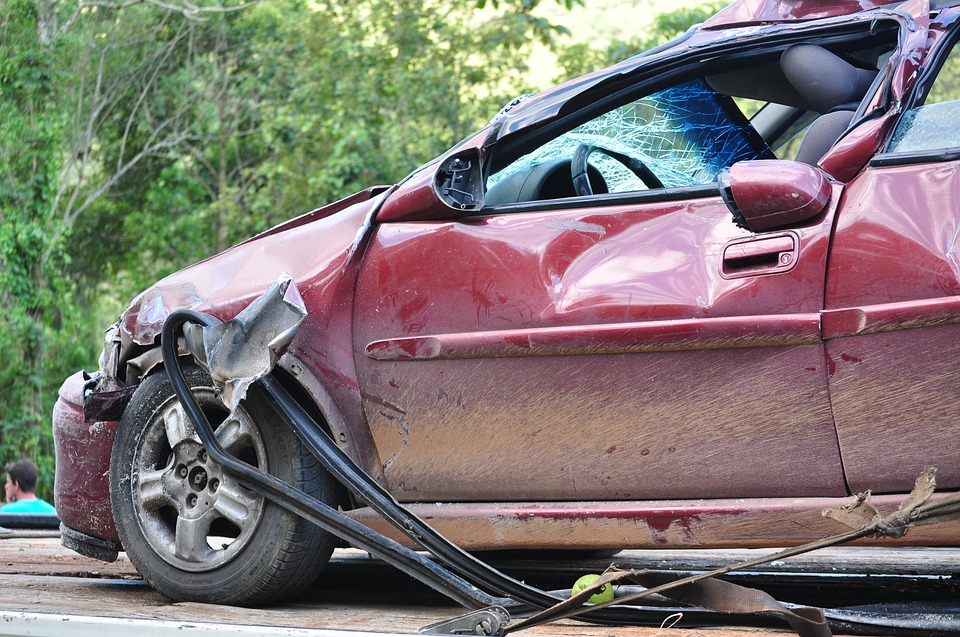
The accident at work in itinere
refers to the mishaps that are suffered during the displacement to the workplace or when returning from it.
The fact that the company has to take care of the expenses of the withdrawal has contributed to this issue being judicialized by the number of edges it has. Given this scenario, in today’s post we reflect on the cases of compensation and the current jurisprudence in this regard.
What is an accident at work in itinere?
The consideration of occupational accidents in itinere, in general, is associated with mishaps on journeys originating in the workplace or when the employee goes to it. This case is regulated by article 156 of the Social Security Law.
Distinguishing this aspect from a common contingency,such as an accident at a leisure time, is essential when determining the amount of the temporary disability benefit.
With regard to occupational accidents, the accident in itinere is considered labor and that implies a series of characteristics.
The most important of them all is that the amount of the benefit amounts to 75% of the regulatory base and that it begins to be received from the day after the withdrawal. On the other hand, if it is a common contingency disease, only 60% would be charged and would begin to compute on the fourth day.
Of course, there is also the right to receive compensation in the event of an accident at work in itinera. If it is considered an accident at work, it is evident that this will be greater than if the accident were fortuitous, so it is very important to determine the casuistry well.
Regulation of accidents at work in itinere

The main idea of the current jurisprudence on the accident at work in itinere is that it is necessary to prove that you have left the habitual residence to go to the workplace or, for example, that you have not yet reached it.
If this approach is taken to the extreme, it will turn out that an accident on the porch of the house will not be considered a work accident in itinere, but the assumption that this same accident originates in a common area of a residential building.
One aspect to keep in mind is that there are a number of elements, beyond the purpose of the trip, that can influence to determine if the work accident is considered in itinere or not.
3 aspects that determine if you are facing an accident at work in itinere

The suitability of the chosen method of transport
This point is essential so that there is no problem when determining whether or not you are entitled to the benefit as a professional contingency.
Normally, if you opt for the car or public transport or on foot there should be no problem, but there are cases of workers who moved with a scooter and who have seen the right eliminated.
The accident occurs during the journey to the workplace
The Supreme Court already indicated in its judgment of 22 April 1966 the need for there to be no third activity during that journey which deviated from the original objective of going back and forth from the workplace.
For example, a person who leaves work, goes to have a coffee and suffers a fall on the premises, can not ask for benefits by accident in itinere.
The duration of the journey
The accident must occur within the reasonable margin of time used each day to make the journey between the place of work and the home.
For example, if it is normal for it to take an hour and, in this case, the displacement has been delayed to 3 without any cause of force majeure, this assumption may not be included.
Fundamentally, these are the three main assumptions that must be assessed when determining whether the mishap would be considered an accident at work in itinere or not.
It is, in short, to avoid picaresque or fraud of law,so common when the law is ambiguous in some points.
In addition, it should be noted that
the Self-Employed Law contemplates,
since October 26, 2017, the possibility that
this group also takes advantage of the benefits that are foreseen in this case
. In essence, the requirements are similar to access this right.
conclusion
The
occupational accident in itinere
is one of the cases that the law contemplates to guarantee the rights of workers in case of mishap but, due to an ambiguous wording of the law, jurisprudence has had to limit the cases.
Either way, and if you act in accordance with the law, there will be no problem.
For this reason, it is suggested to seek professional labor advice that allows to know in which cases the benefits derived from this problem can be claimed.








